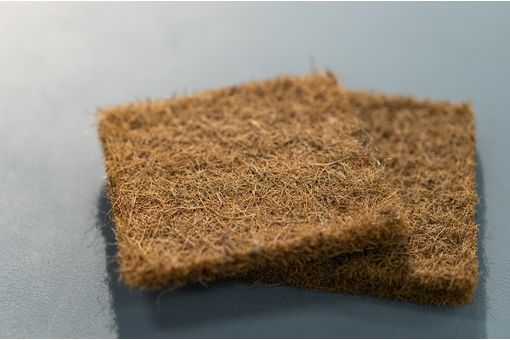Potential for downstream PP industry in Saudi Arabia & UAE
New analysis from Frost & Sullivan, Strategic Analysis of Polypropylene (PP) Downstream Applications in the GCC Region, finds that the total PP resin market for local conversion in the GCC earned revenues of $983.1 million in 2011 and estimates this to reach $1,366.0 million in 2016.
The key end-user segments covered in this research are bi-axially-oriented PP films, casted PP films, carpet yarns, nonwovens, geotextiles, woven bags, injection molding grade and PP in automotive sector. This study analyses market opportunities (in terms of supply and demand), trends, future growth potential and competitive scenario in detail for each of these downstream applications. It culminates in the identification of promising and best target opportunities for local conversion of PP in the GCC region.
"GCC states' easy access to PP resin owing to their large oil and gas reserves widens the scope for the local conversion of PP to downstream value-added products," said Vishnu Sankaran, Associate Director & Head, Chemicals Practice, Middle East and North Africa, Frost & Sullivan. "With burgeoning population and rising GDP, key end users, such as packaging and construction, are adding to the need for PP in the GCC."
Governments' focus on diversification to generate employment and reduce reliance on the oil and gas sector presents a conducive regulatory environment for growth in the downstream PP industry. Saudi Arabia and the United Arab Emirates, in particular, are anticipated to lead the pack towards downstream diversification.
While companies in the region have been successful in developing world-scale petrochemical complexes, they lack the indigenous technologies required for certain downstream PP products. This challenge is intensified by the nascent stage of research and development activities in the region.
"Hence companies, primarily technology-intensive downstream ones, are likely to form alliances with foreign firms to access necessary technologies," noted Sankaran. "The availability of personnel with relevant expertise in the operation of conversion machinery and higher focus on staff training are also crucial."
Niche product grades that target specific applications in line with the development of the PP downstream industry will enable local suppliers to stay competitive.
Strategic Analysis of Polypropylene (PP) Downstream Applications in the GCC Region is part of the Chemicals & Materials Growth Partnership Service program. All research services included in subscriptions provide detailed market opportunities and industry trends evaluated following extensive interviews with market participants.
Frost & Sullivan
































-Ltd..jpg?tr=w-120,h-60,c-at_max,cm-pad_resize,bg-ffffff)





.jpg?tr=w-120,h-60,c-at_max,cm-pad_resize,bg-ffffff)
.jpg?tr=w-120,h-60,c-at_max,cm-pad_resize,bg-ffffff)






